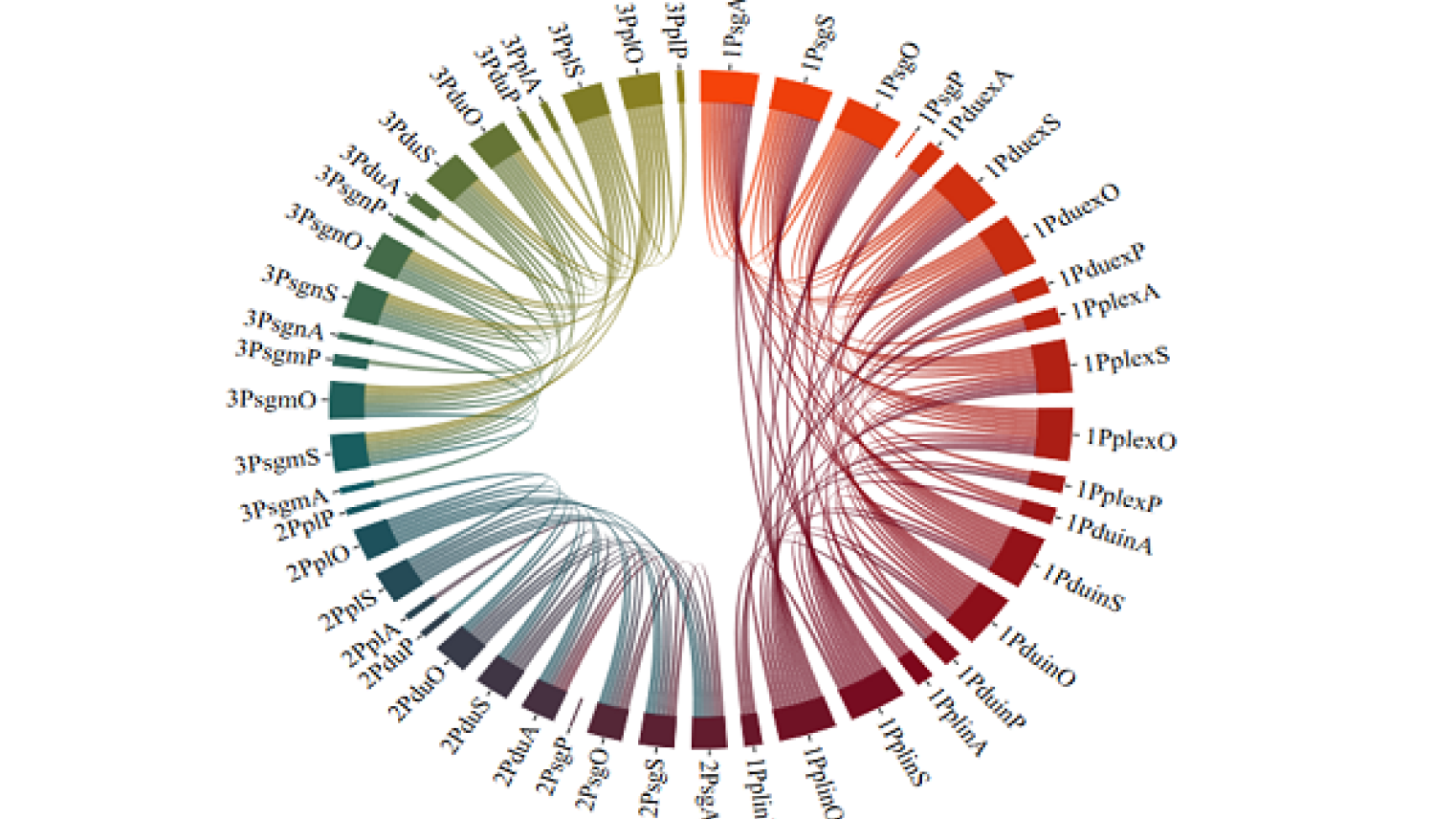The hype surrounding Large Language Models and their potential applications has been difficult to miss in the media and on the internet. Debate can be found in the annals of academic literature, expounding both the virtues (Meyer, Urbanowicz et al. 2023, Skorburg, Kupferschmidt et al. 2023) and the limitations (Bender, Gebru et al. 2021, O'Neill and Connor 2023, Thirunavukarasu 2023) of these models.
Their utility for specific linguistic analysis is largely unexplored, with scholars focussing predominantly on prompting of the models to perform meta-linguistic analysis (Beguš, Dąbkowski et al. 2023). The embeddings obtained from them provide a rich model of language that can be applied to a large range of linguistic analyses. In particular, for those analyses that are complex enough to necessitate computational approaches.
One such problem is the examination of paradigmatic structures and their evolution. These structures are subject to evolutionary and contact pressures from multiple processes and modelling of them needs to account for this. Cysouw and Forker (2009) in their ground-breaking of study of case markers in Tsezic provided evidence that typological features can be reconstructed across a language family and can be used for comparative and phylogenetic analysis.
However, these structures are not common across the world’s languages. My attention has been focussed on the analysis of paradigmatic structures that are found more universally in the world’s languages, namely pronouns and kinship.
This seminar will examine the case study of Indo-European to exemplify the potential of Large Language Models to assist in detailed historical linguistic analysis. Kyla will show how the embeddings from these models can assist linguists with complex analysis and provide an alternate way to uncover relationships between languages.
The case study also provides important information about the limitations of these approaches and some of the considerations that need to be taken into account throughout this type of analysis.
You can also attend this session online via Zoom (Meeting ID: 849 8930 2533; Meeting Passcode: 112030).

